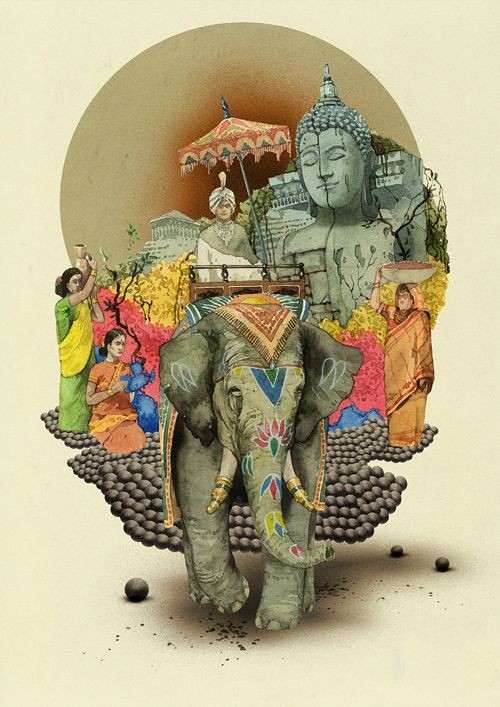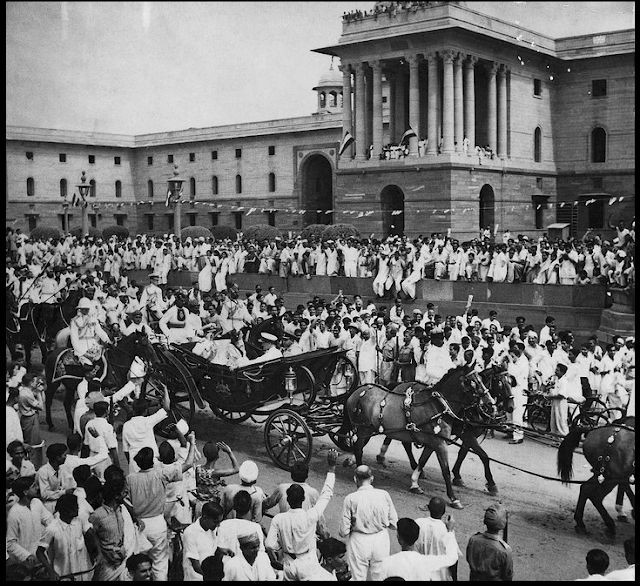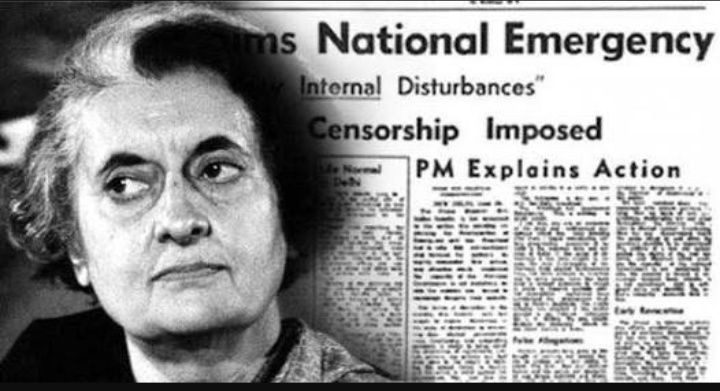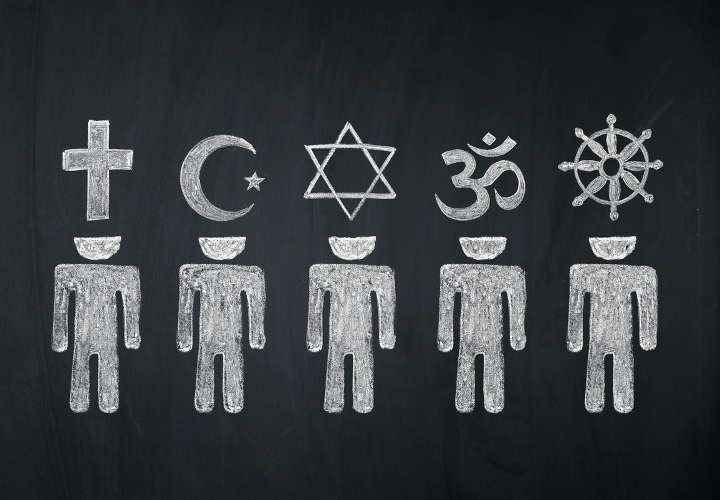Secularism is a concept that has shaped the course of history, governance, and social harmony across the globe. As an ideology, it finds its roots in the broader movements for freedom, equality, and the separation of religion from state affairs. In recent years, secularism has taken on new dimensions, particularly in diverse and multicultural societies like India. Indian secularism, often debated and sometimes misunderstood, offers a unique perspective compared to its Western counterparts. This blog post delves into the origins of secularism, its impact on geopolitics, the distinct nature of Indian secularism, and its evolving role in contemporary society.

In This Post
ToggleOrigin and History of Secularism
Secularism, a term derived from the Latin word “saecularis,” meaning “worldly” or “temporal,” emerged during a time of profound transformation in Europe. The concept first gained prominence during the Renaissance and Enlightenment periods when thinkers and philosophers began to challenge the overwhelming influence of the Church on governance and everyday life. These periods marked the beginning of a new era where reason, science, and individual freedoms were championed over religious dogma.
The ideological roots of secularism can be traced back to the works of key philosophers like John Locke, Voltaire, and Spinoza, who advocated for the separation of religion and state. Their ideas laid the groundwork for modern democratic states where the government would not endorse or enforce any particular religion, allowing individuals the freedom to practice their beliefs without state interference. Secularism, as an ideology, sought to create a public sphere where citizens of different faiths could coexist peacefully, free from religious conflicts that had plagued Europe for centuries.
Secularism in the Global Context
Secularism in the World
Secularism, in the global context, refers to the principle of separating religion from the political and legal systems of a country. This separation is intended to ensure that no religion dominates the public sphere, thereby protecting the rights of individuals to practice any religion or none at all. The application of secularism varies widely across the world, shaped by the historical, cultural, and social contexts of different nations.
Impact on Geopolitics
The influence of secularism on geopolitics cannot be overstated. In many Western countries, secularism has become a cornerstone of national identity. For example, France’s strict secular policies, known as laïcité, have shaped its approach to issues like religious symbols in public spaces. The United States, while constitutionally secular, has a more flexible interpretation that allows for a broader expression of religious beliefs in the public domain.However, secularism is not universally embraced. In some nations, particularly in the Middle East, the concept is often viewed with suspicion, seen as a Western imposition that conflicts with deeply rooted religious traditions. The global influence of secularism has also been a point of contention in international relations, particularly in regions where religious identity plays a significant role in governance and social structure.

Secularism in the Indian Context
Defining Indian Secularism
Indian secularism is distinct from its Western counterpart. While Western secularism often emphasizes the strict separation of church and state, Indian secularism promotes the equal treatment of all religions by the state. This inclusive approach reflects India’s diverse religious landscape, where multiple faiths have coexisted for centuries. Indian secularism is enshrined in the Constitution, which guarantees the right to freedom of religion and prohibits discrimination based on religion.
Unique Characteristics of Indian Secularism
The unique nature of Indian secularism lies in its attempt to balance the diverse religious practices within the country. Unlike the Western model, which tends to keep religion out of public life, Indian secularism allows for a certain degree of state involvement in religious matters. This is evident in practices such as the state funding of religious pilgrimages or the administration of religious institutions. While this approach has been lauded for its inclusivity, it has also sparked debates about the true nature of secularism in India and whether it sometimes veers into favoritism or appeasement.

Introduction and Evolution of Secularism in India
Historical Introduction
Secularism was introduced in India during the British colonial period, but it gained prominence in the post-independence era. The British, through policies like the Government of India Act 1935, began the process of separating religion from the functioning of the state. However, it was after independence that secularism became a foundational principle of the Indian state.
Critical Analysis: Is Secularism Deeply Rooted in Indian Culture?
A critical examination reveals that while India has a long history of religious pluralism, the concept of secularism as it is understood today was largely a modern imposition. Traditional Indian society was not secular in the Western sense; religion and state were often intertwined, with rulers patronizing specific religions. The adoption of secularism in modern India can be seen as both a continuation of the country’s pluralistic traditions and a strategic move by the post-independence leadership to unify the diverse nation under a single constitutional framework.Indian secularism has often been criticized as being more of a political tool than a deeply ingrained cultural value. Some argue that the secular state in India has at times been used to garner political support from various religious communities, rather than as a genuine commitment to religious neutrality. This has led to a perception that secularism in India is sometimes more about political expediency than principle.

Constitutional Provisions and Secularism in India
Constitutional Definitions
Secularism in India is defined by the Constitution, which, through various provisions, guarantees the right to freedom of religion and prohibits discrimination based on religion. Article 25 provides for the freedom of conscience and the right to freely profess, practice, and propagate religion. Articles 26, 27, and 28 further elaborate on the rights of religious denominations and the state’s relationship with religion.The term “secular” was explicitly added to the Preamble of the Indian Constitution through the 42nd Amendment in 1976, during the Emergency period. This amendment formally established India as a “sovereign, socialist, secular, democratic republic,” though the principles of secularism were always inherent in the Constitution’s structure.
Key Personalities and Politicians Influencing Indian Secularism
The shaping of Indian secularism was significantly influenced by key leaders such as Jawaharlal Nehru and B.R. Ambedkar. Nehru, India’s first Prime Minister, was a staunch advocate of secularism, believing it essential for India’s unity.He argued that a secular state was the only way to manage India’s immense religious diversity and avoid the kind of religious conflicts that had led to the Partition.
B.R. Ambedkar, the principal architect of the Indian Constitution, also played a crucial role in embedding secular principles in the Constitution. Ambedkar’s vision of secularism was one where the state would not interfere in religious matters, ensuring that all citizens, regardless of their religion, were treated equally under the law.
Other leaders, like Mahatma Gandhi, had a more nuanced view. Gandhi, while deeply religious, supported the idea of a secular state, believing that the state should not favor any religion but should also recognize and respect the country’s religious diversity.

Judicial Interpretations of Secularism
The Indian judiciary has played a crucial role in interpreting secularism, often stepping in to clarify the boundaries between religion and state. Landmark cases like the S.R. Bommai vs. Union of India case in 1994 reaffirmed the importance of secularism as a basic structure of the Constitution. The Supreme Court ruled that any attempt to alter the secular nature of the state would be unconstitutional.However, the judiciary has also faced challenges in balancing the secular principles with the need to respect religious sentiments. Cases involving religious conversions, temple management, and personal laws often bring the secular nature of the Indian state under scrutiny, reflecting the complexities of practicing secularism in a deeply religious society.
Present Scenario and Future of Secularism in India
Current State of Secularism
The present scenario of secularism in India is complex and often contentious. Over the years, the definition and practice of secularism have evolved, influenced by political, social, and global factors. In recent times, there has been a growing perception that secularism in India is under threat, with increasing instances of religious polarization and communal tensions.
Political interference has also played a significant role in altering the perception and practice of secularism. In some cases, secularism has been used as a tool for electoral gains, leading to accusations of “pseudo-secularism” where politicians are seen as favoring certain religious communities for votes. This has led to a dilution of the secular principles that were intended to keep religion out of the political sphere.
Globalization and Digitalization's Impact on Secularism
Globalization and digitalization have also impacted secularism in India. The rapid spread of information and ideas through digital platforms has both challenged and reinforced secular principles. On one hand, digital media has been used to spread communal propaganda and fuel religious tensions. On the other hand, it has also provided a platform for secular voices to challenge religious extremism and advocate for a more inclusive society.
Future Prospects for Secularism in India
Looking to the future, the prospects for secularism in India will depend on a variety of factors, including political leadership, social movements, and the role of civil society.
There is a growing need for a renewed commitment to secular principles, not just from the state but from all sections of society.Education and public awareness will play a crucial role in this regard. By promoting a better understanding of secularism and its importance for social harmony, it is possible to counteract the forces of religious extremism and political opportunism.
Additionally, strengthening institutions that uphold secular values, such as the judiciary and the media, will be essential in ensuring that secularism remains a core principle of Indian democracy.

Conclusion
In conclusion, secularism in India has always been a complex and contested concept, shaped by the country’s unique history, diverse religious landscape, and evolving political dynamics.
While Indian secularism differs from its Western counterparts, it remains a vital part of the nation’s identity, providing a framework for religious coexistence and social harmony.However, the challenges facing secularism in India today cannot be ignored.The rise of religious nationalism, political interference, and the impact of globalization and digitalization have all contributed to a changing landscape where the principles of secularism are increasingly under strain.
As India continues to evolve, it is crucial to reflect on the meaning and practice of secularism in the modern age. By reaffirming the commitment to secular values and addressing the challenges head-on, there is hope that secularism will continue to play a vital role in shaping India’s future as a pluralistic and democratic society.
The term ‘secularism’ originates from the Latin word saeculum, meaning ‘worldly’ or ‘temporal.’ It was first coined by the British writer George Jacob Holyoake in the mid-19th century to describe a philosophy that advocates for the separation of religion from civic affairs and state matters.
Secularism influences global geopolitics by shaping how states manage religious diversity and navigate international relations. In secular states, religion is kept separate from state policies, which can lead to more inclusive governance and better diplomatic relations with countries of different religious majorities. However, the implementation of secularism can also lead to conflicts in regions where religious identities are strongly tied to political power.
Indian secularism is distinct because it doesn’t advocate for a strict separation of religion and state but rather promotes equal respect and treatment for all religions. Unlike Western models, Indian secularism recognizes the religious diversity of the country and allows for religious practices within the public sphere while ensuring that the state does not favor any particular religion.
Secularism in India has roots in the country’s ancient traditions of religious pluralism and tolerance, as seen in its history of diverse religious practices coexisting. However, the modern concept of secularism, as enshrined in the Indian Constitution, was influenced by Western ideas and was actively promoted by the Indian government to unify the nation post-independence. There is ongoing debate about whether it is an inherent part of Indian culture or a construct for political stability.
The Indian Constitution enshrines secularism primarily through its Preamble, which declares India a “secular” state, and through Articles 25 to 28, which guarantee the freedom of religion to all citizens. These provisions ensure that the state treats all religions equally and does not endorse any religion while allowing individuals the right to freely practice and propagate their faith.
In recent years, the definition of secularism in India has been increasingly contested due to rising religious nationalism, political interference, and the impact of globalization and digitalization. The term is often debated in the context of how the state manages religious diversity and the role of religion in politics, with concerns that secularism is being compromised for political gains.
